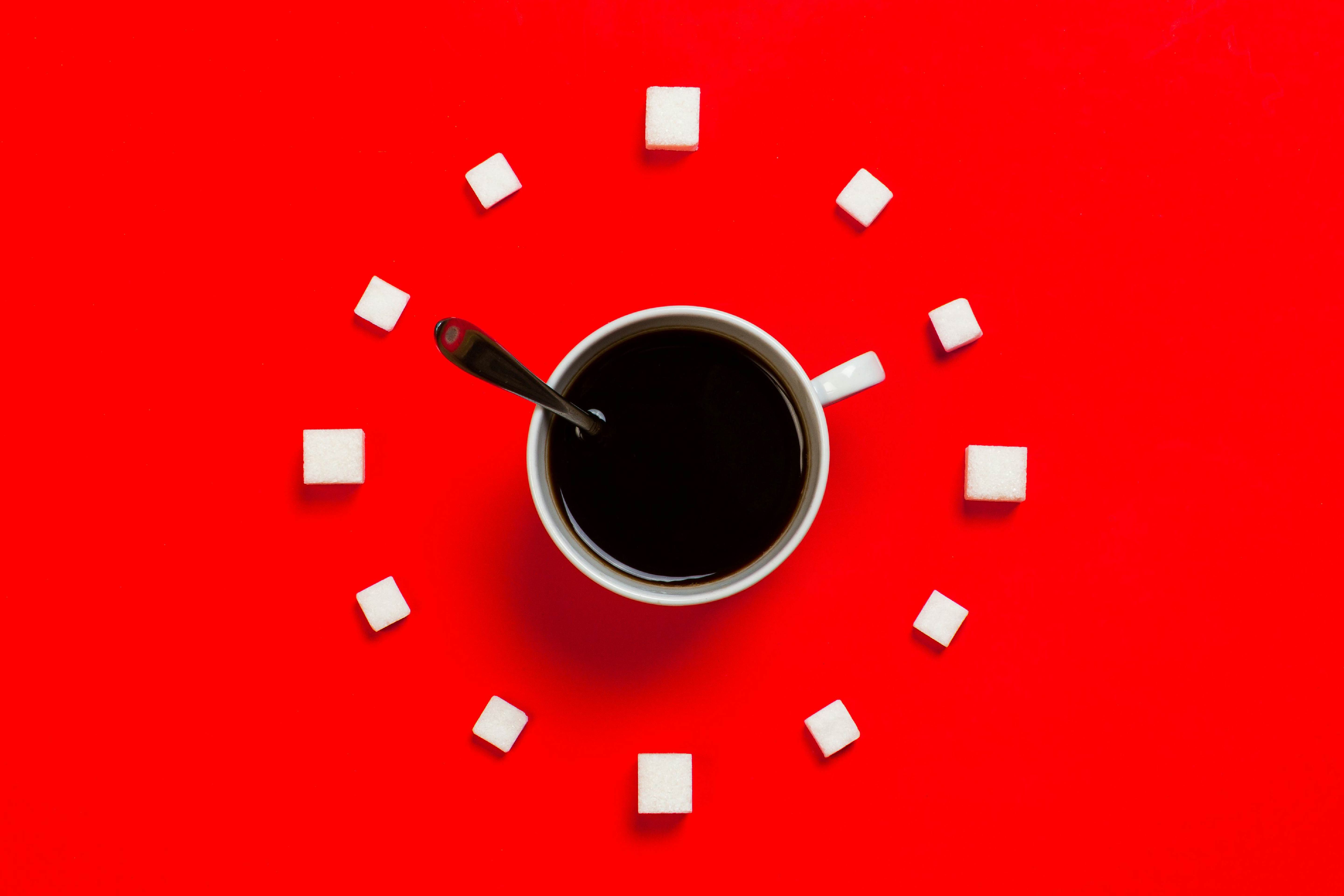By: Muqadas Jabeen
Every year, coffee lovers from all around the world celebrate International Coffee Day in October. This day reminds the amazing journey of hardworking farmers, roasters, and baristas who worked zealously in making coffee what it is now. On this day, we appreciate their great efforts for giving us a cool coffee culture. Everywhere in the world, people share this common drink by sipping a comforting cup of it to create a sense of trust and enthusiasm. However, before we raise our mugs for the celebration, let’s discuss “How much caffeine is too much?”
The Buzz behind Coffee
Caffeine is the core ingredient of all the types of coffee we have known so far: Espresso, Americano, Cappuccino, Latte, Flat White, Macchiato, Mocha, and many more. It’s the natural stimulant that gives coffee its famous kick. It gives a sense of alertness by blocking the compound adenosine. Adenosine is a neurotransmitter that relaxes the mind and body and makes it sleepy. That is why students and researchers who work on their projects drink a lot of coffee to keep themselves awake at night. It also raises the levels of adrenaline in the blood, which plays a vital role in promoting arousal. But like other good things, too much can have side effects.
How much Caffeine is safe?
The amount of Caffeine intake depends on various factors, including age, genetics, and health conditions. For healthy adults, it is safe to have 400 mg per day, which is approximately 3 to 4 cups of coffee. If you exceed this level, you can face severe negative impacts on your health, like heart palpitations, high blood pressure, upset stomach, nausea, and insomnia. For sensitive people like seniors, pregnant women, or children, the limit is much lower.
The Half-Life of Caffeine: Why Timing Matters
Half-life means the time a particular substance takes for half of its quantity to be eliminated from the body. Well, the half-life of caffeine is usually 3 to 5 hours. For example, if you drink coffee (with 200 mg caffeine) at 4 PM, then after 7 PM, you have eliminated half of it, while you still have the remaining half in your system. This is the reason doctors advise to not take coffee at night. It can disturb your sleep and stomach. By keeping an eye on how caffeine works in your body, you can enjoy your daily brew without sacrificing your health. Factors like health condition, genetics, and pregnancy can extend the half-life of Caffeine.
Celebrate Coffee, Responsibly
International Coffee Day is not just about enjoying a great coffee time with friends and family; it is also a perfect opportunity to monitor your coffee intake and manage it by keeping track of your health. Think of it like a fuel; if you have little, you may run out of energy. If you have too much, you may put yourself at risk of various health issues. Let’s make this timeless drink by drinking smarter, not just more.

